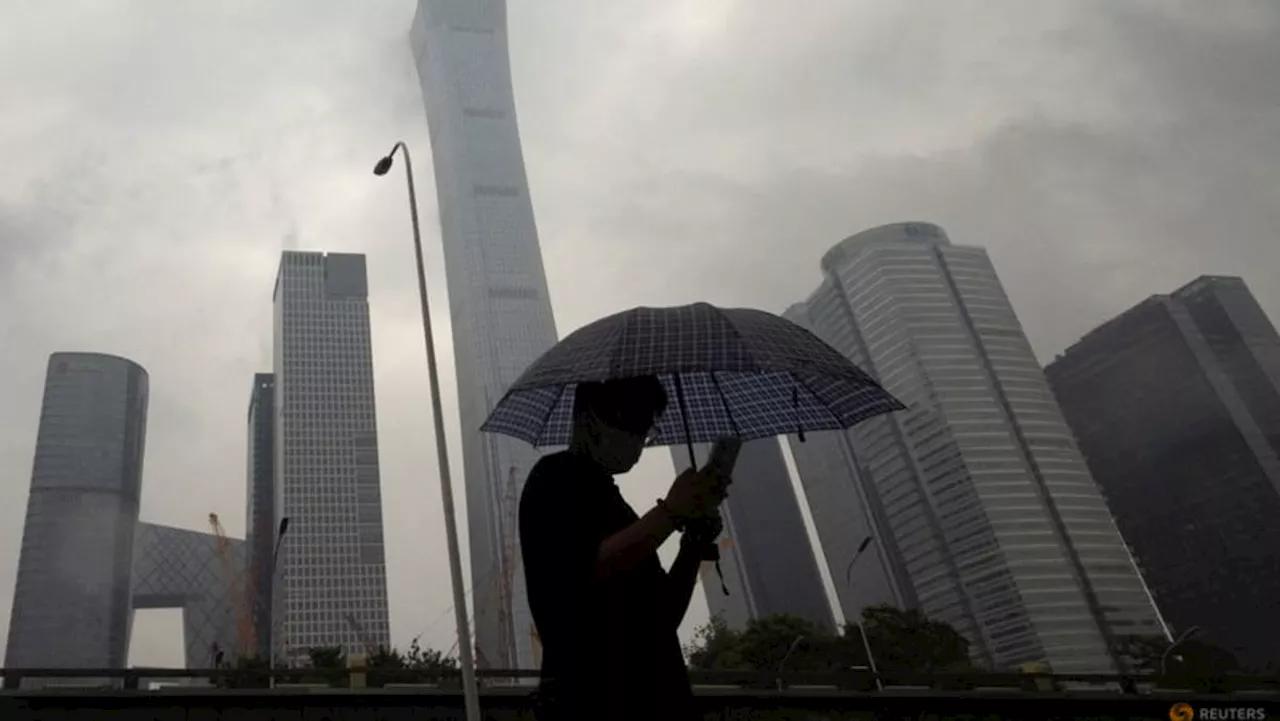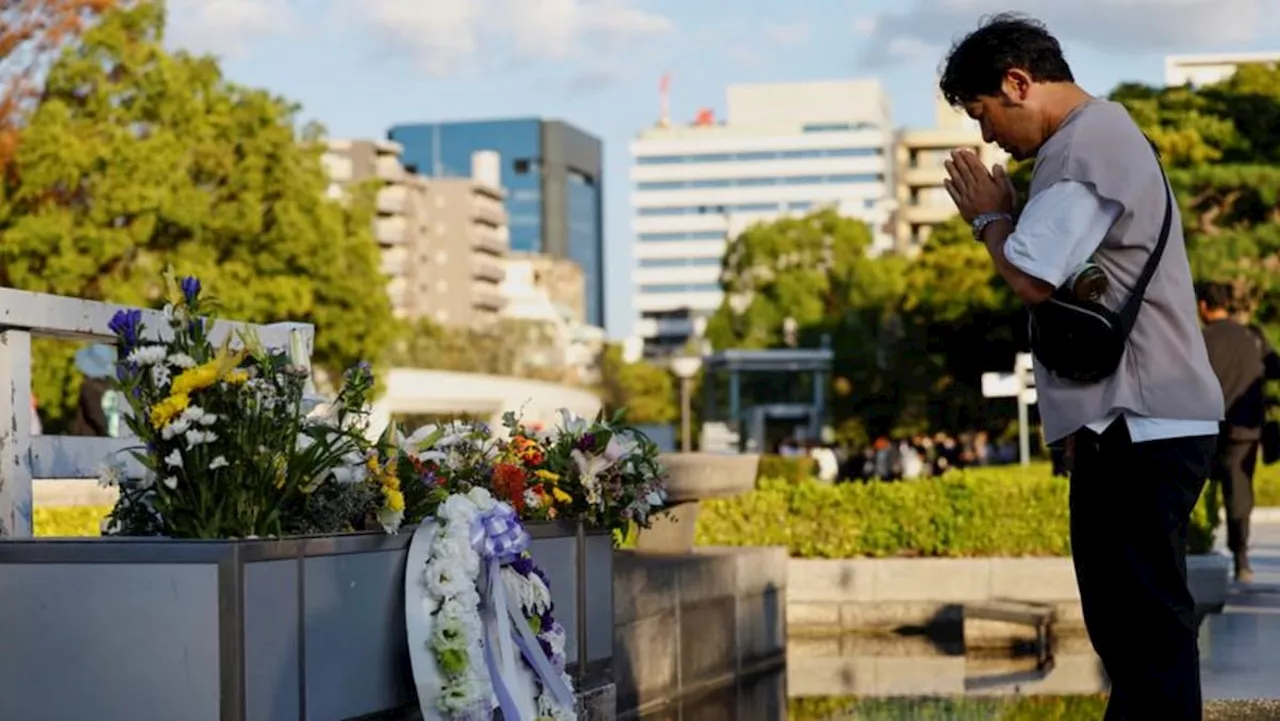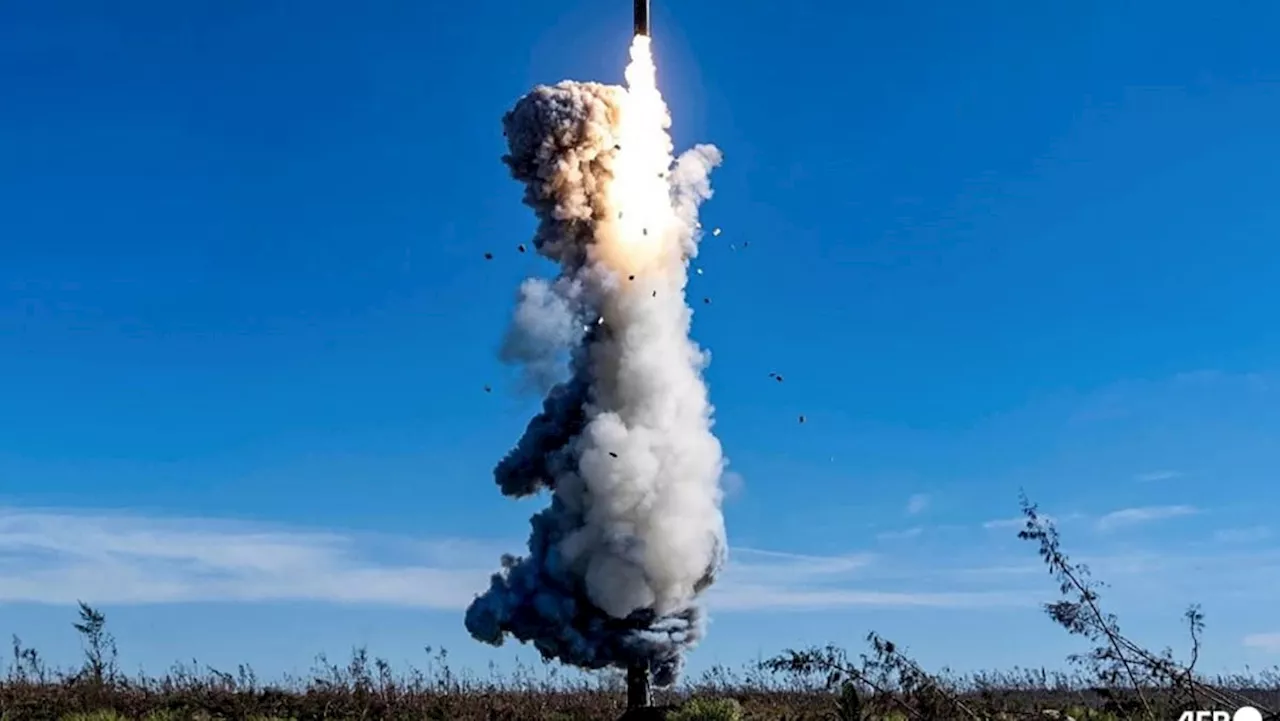Who doesn’t want to ditch pre-meetings and the long clearance chain of middle managers? Let's be clear that the future of work is not just about how lean a company is, says NUS Business School’s Sriram Iyer.
Who doesn’t want to ditch pre-meetings and the long clearance chain of middle managers? Let's be clear that the future of work is not just about how lean a company is, says NUS Business School’s Sriram Iyer.New: You can now listen to articles.
Amazon announced in September 2024 that employees would be called back to the office five days a week and that it would cut manager roles. The move toward flatter organisational structures could significantly impede these efforts, as fewer managers may have less time and capacity to support their teams effectively. Managers overseeing more team members may face increased workload and burnout as they shoulder a wider range of responsibilities. This might also lead to a decline in employee satisfaction, especially for those who value mentorship and professional guidance as a core aspect of their work experience.
Rather than rendering middle management obsolete, AI could enhance their roles by freeing time and precious bandwidth from tedious administrative tasks to focus on higher-value activities like strategic planning, fostering innovation, and developing their teams. In countries where flexible work arrangement laws have been implemented, this company policy could be scrutinised. For instance, implementing thein Singapore, with effect from Dec 1, will require Amazon to handle employee requests for flexible work options more carefully. Organisations will be expected to justify denying such requests, which could lead to friction between management and employees and complicate the implementation process.
Layoffs Flexible Work Arrangements
South Africa Latest News, South Africa Headlines
Similar News:You can also read news stories similar to this one that we have collected from other news sources.
 Commentary: Quiboloy’s arrest - when self-proclaimed ‘Son of God’ plays politicsThe arrest of Filipino religious leader Apollo Quiboloy comes amid the ongoing clash between the Marcos and Duterte dynasties, and exposes the dangers of an unholy alliance between religion and politics, says this Ateneo de Manila University lecturer.
Commentary: Quiboloy’s arrest - when self-proclaimed ‘Son of God’ plays politicsThe arrest of Filipino religious leader Apollo Quiboloy comes amid the ongoing clash between the Marcos and Duterte dynasties, and exposes the dangers of an unholy alliance between religion and politics, says this Ateneo de Manila University lecturer.
Read more »
 Commentary: A stimulus is good, but China still faces a hard slogBeijing is back in investors’ good books. To justify the euphoria, it needs some meaty goals, says Bloomberg Opinion’s Daniel Moss.
Commentary: A stimulus is good, but China still faces a hard slogBeijing is back in investors’ good books. To justify the euphoria, it needs some meaty goals, says Bloomberg Opinion’s Daniel Moss.
Read more »
 Commentary: Newly elected and preparing for elections, Japan’s PM Ishiba is already on the defensiveWith an election looming, Japanese Prime Minister Shigeru Ishiba has good reason to moderate his stance on divisive national security proposals. But defence is still very much the big picture, says political scientist Yasuo Takao.
Commentary: Newly elected and preparing for elections, Japan’s PM Ishiba is already on the defensiveWith an election looming, Japanese Prime Minister Shigeru Ishiba has good reason to moderate his stance on divisive national security proposals. But defence is still very much the big picture, says political scientist Yasuo Takao.
Read more »
 Commentary: Israel and Hezbollah are obligated by law to prevent civilian deathsThe law of armed conflict is straightforward - combatants must only target military objectives, not civilians, says this international law lecturer.
Commentary: Israel and Hezbollah are obligated by law to prevent civilian deathsThe law of armed conflict is straightforward - combatants must only target military objectives, not civilians, says this international law lecturer.
Read more »
 Commentary: Timely decision to award Nobel Peace Prize to Japanese atomic bomb survivorsHiroshima and Nagasaki atomic bomb survivors have played an immeasurable role in activism against nuclear weapons worldwide, say academics.
Commentary: Timely decision to award Nobel Peace Prize to Japanese atomic bomb survivorsHiroshima and Nagasaki atomic bomb survivors have played an immeasurable role in activism against nuclear weapons worldwide, say academics.
Read more »
 Commentary: China’s lack of disclosure over ICBM test works against its own strategic interestsChina should be more upfront about its strategic intentions when doing so does not compromise its national security. Failing to do so undermines its ability to persuade the world that its desire to be viewed as a benign hegemon is a genuine aspiration, says Dr James Char, a Chinese military expert at NTU’s RSIS.
Commentary: China’s lack of disclosure over ICBM test works against its own strategic interestsChina should be more upfront about its strategic intentions when doing so does not compromise its national security. Failing to do so undermines its ability to persuade the world that its desire to be viewed as a benign hegemon is a genuine aspiration, says Dr James Char, a Chinese military expert at NTU’s RSIS.
Read more »
